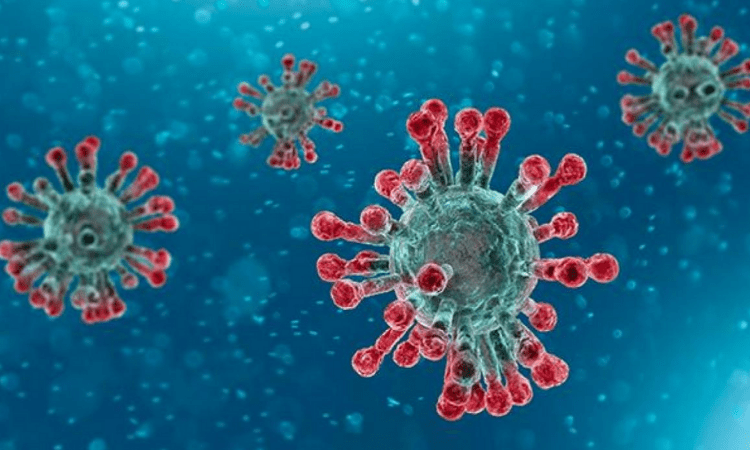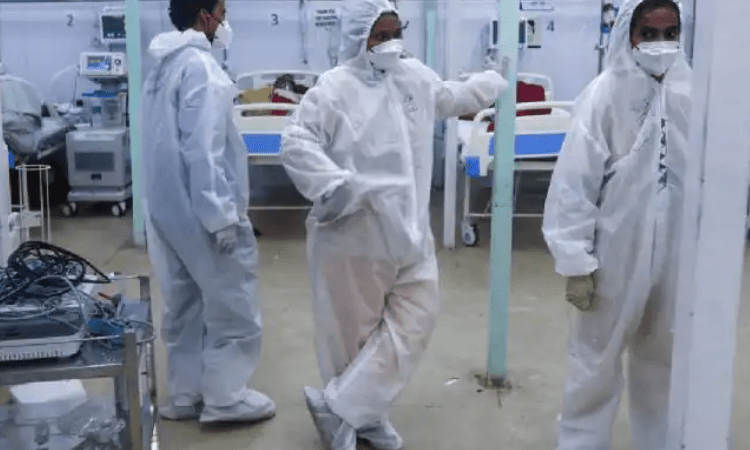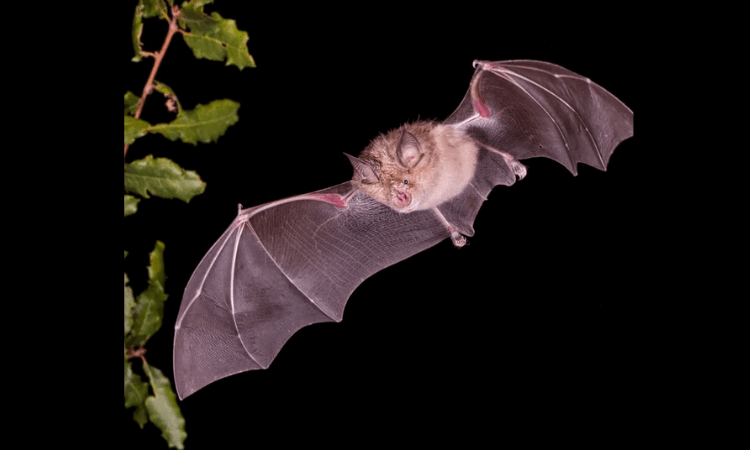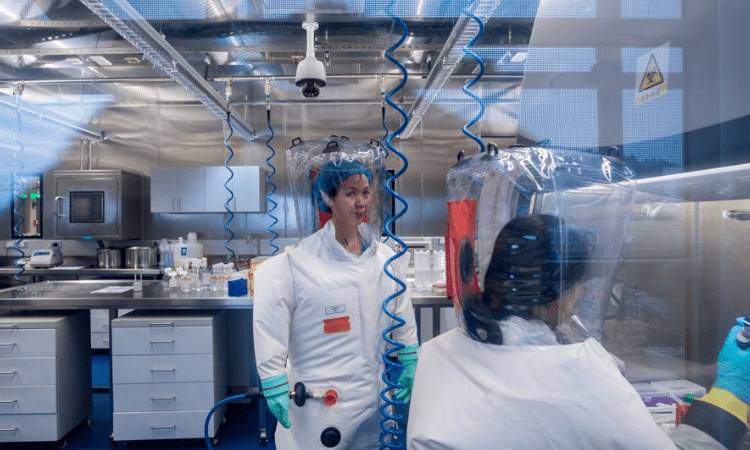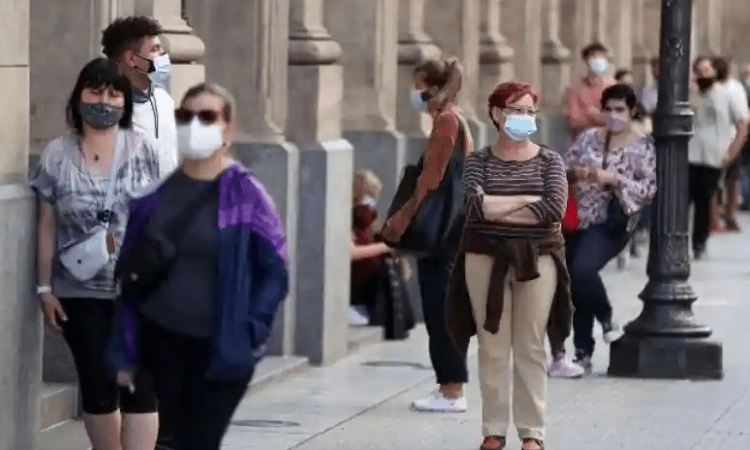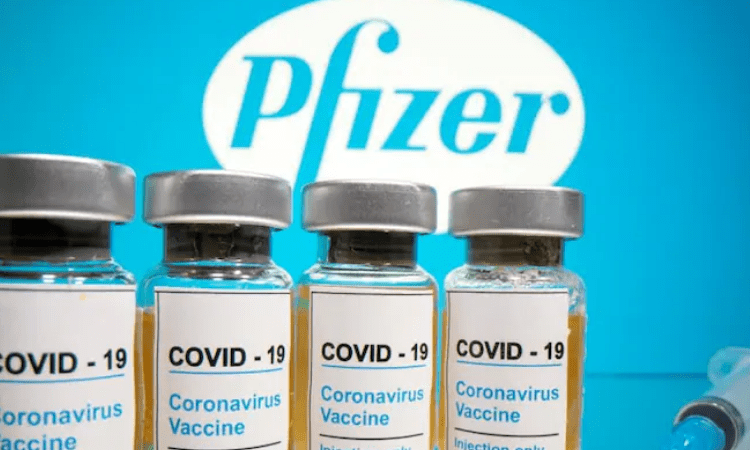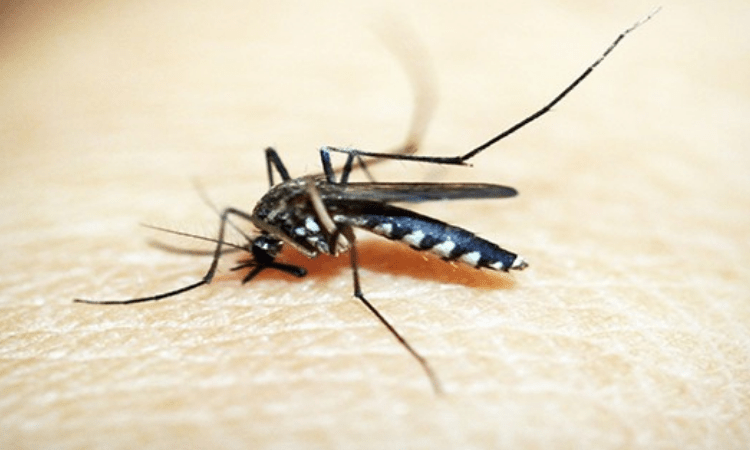Anti-vaccine activists flooded Facebook to sow doubt about the Covid-19 vaccines, overwhelming efforts to stop them even as the company told the world that it was not responsible for vaccine hesitancy, according to a new report from the Wall Street Journal.
Of about 150,000 users posting in Facebook Groups disabled for spreading Covid-19 misinformation, 5 per cent produced half of the posts, and 1,400 invited half of the new members, one document unearthed by the newspaper found.
The report paints a picture of a company outfoxed by a small but wily group of anti-vaccine activists that it called “big whales”, citing WSJ, USA TODAY reported.
Facebook researchers in May compared the problem to QAnon and allegations of election fraud “with a relatively few number of actors creating a large percentage of the content and growth”.
The other problem — these same activists were targeting comments on Facebook posts, giving the appearance that vaccine skepticism and resistance were more widespread than they were.
In one random sampling, two-third of comments were “anti-vax”, a Facebook researcher found.
In a statement to USA TODAY, Facebook Spokesperson Aaron Simpson said the documents unearthed in the report show the company’s routine process in navigating tough challenges.
“Narrowly characterising leaked documents doesn’t accurately represent the problem, and it also ignores the work that’s been underway to make comments on posts about Covid-19 and vaccines safer and more reliable,” Simpson added.



